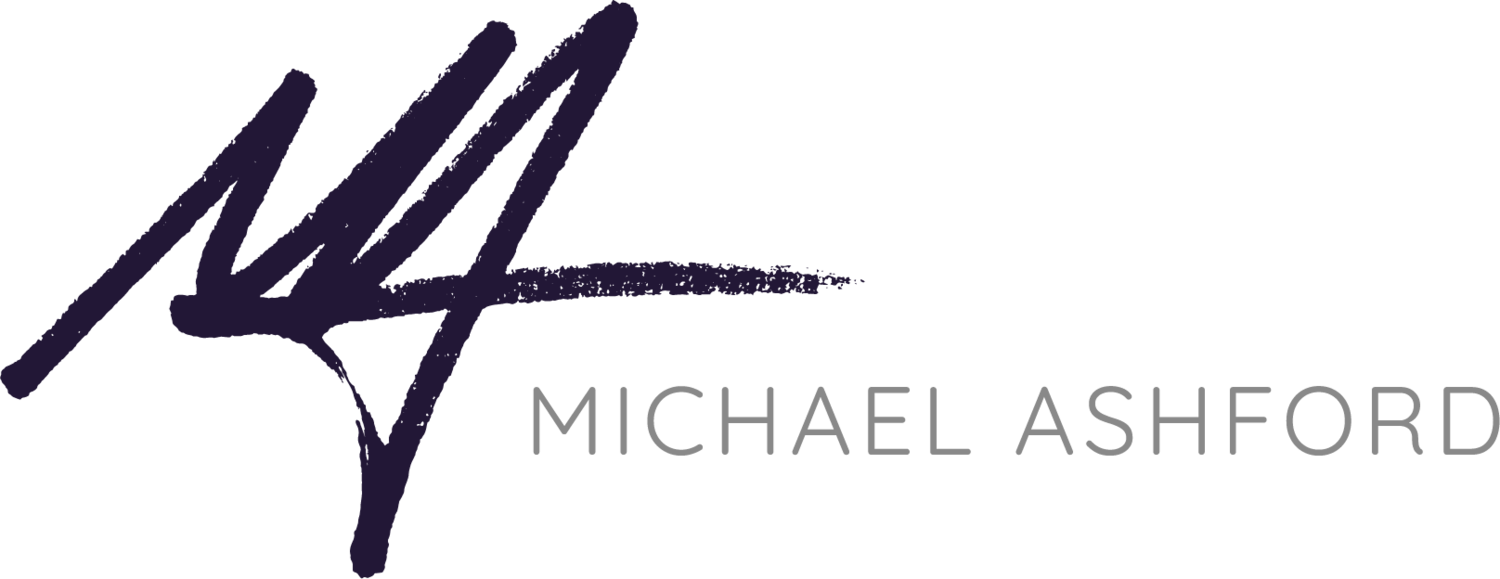The scary part of communication
Can you guess the most common question I get asked as a two-time TEDx speaker?
Chances are it popped into your mind as you read that question.
I am constantly asked, “How nervous were you?”
This question is often followed by some form of the phrase, “I could never do that.”
Depending on where you look, the fear of public speaking affects anywhere from 30 to 75 percent of people. An oft-repeated statistic is that more people fear public speaking than they fear their own death (though I can’t seem to find the actual study or survey confirming those numbers).
Even so, there’s no denying it is a real issue for many people; in my work as a communication and speaking coach, I’ve seen it be a barrier for many people as they pursue trying to become better communicators.
We often conflate being a good communicator with being a good speaker. There’s a limiting belief that to effectively communicate with others, we must be good speakers, especially when conflict or disagreement is present in areas like leadership, politics, or education.
But it is a myth that being a good speaker means you are a good communicator.
Because the biggest distinction between a good speaker and a good communicator is message intent.
More often than not, a speaker’s intent is to exert their idea, opinion, belief, or experience onto others. That’s why the good ones are often on a stage with a microphone while the audience sits and listens to them.
Don’t get me wrong, it’s not malicious intent. That’s just what the conditions call for.
A good communicator’s intent looks a little different. Good communication includes exertion and extraction — a push and a pull, a give and a take, a back and a forth.
Effective communicators know that to navigate challenging conversations, they have to lean far more into listening, asking questions, and understanding to extract information that gives them a more well-rounded view of the issue being discussed.
You could be a manager trying to motivate an underperforming employee, or you could be mixed up in a political argument with a friend. Examples like this are where good communication is more important than eloquent speaking.
These conversations are often messy and awkward, and you might stumble over words or struggle to find the “right” words. But if your intent is to extract information rather than exert your will or perspective, there is a greater chance for grace, change, and common ground to reveal itself within the space.
Now, a good speaker absolutely can be a good communicator. For example, I think Simon Sinek is both a good speaker and a good communicator. But perhaps it’s comforting to know that you don’t have to be a good speaker to be a good communicator.
If you want to become a better communicator, lean into your curiosity — about yourself and about others. Aim to take in more information than you dish out, and know that how well you speak isn’t nearly as important as the intent with which you speak.
And know that if you don’t want to, you don’t have to get anywhere near a TEDx stage.
Interested in improving your speaking and communication skills to more confidently deliver your message? Learn more about what it’s like to work with me as your speaking coach.

